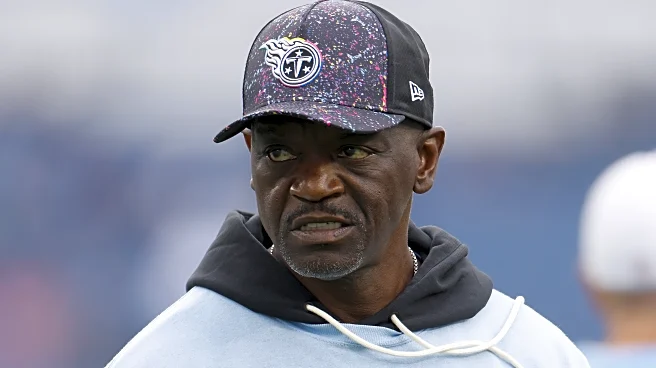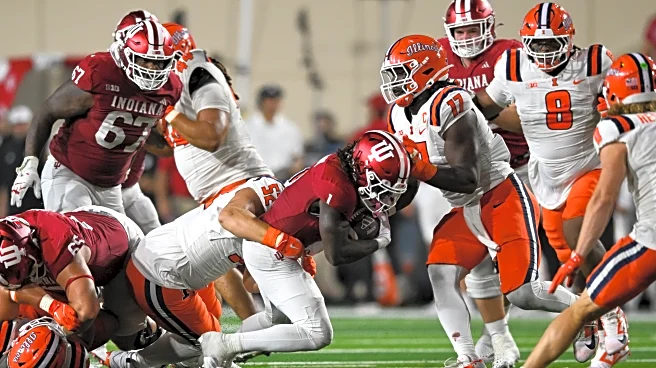Rapid Read • 8 min read
The Supreme Court has temporarily halted a lower court ruling that would limit individuals' ability to sue under Section 2 of the Voting Rights Act, which prohibits racial discrimination in voting. This decision preserves the ability for voters to challenge discriminatory voting practices for now. The case involves North Dakota's redistricting plan, which Native American tribes and some voters argue diluted their voting strength, violating the Voting Rights Act. The tribes contended that the redistricting map diluted Native American voting strength, leading to no Native American candidates serving in the North Dakota Senate for the first time in 35 years. A federal district court sided with the tribes, blocking enforcement of the map and requiring a new map endorsed by the tribes for the 2024 election cycle.
AD
The Supreme Court's decision is significant as it temporarily upholds the enforcement of the Voting Rights Act, allowing individuals to challenge voting practices they perceive as discriminatory. This ruling impacts the ability of minority groups to seek legal recourse against redistricting plans that may dilute their voting power. The decision also highlights ongoing debates about the constitutionality of Section 2 of the Voting Rights Act, which could have broader implications for voting rights across the United States. If the Supreme Court eventually rules against the ability to bring enforcement challenges, it could weaken protections against racial discrimination in voting.
The Supreme Court's intervention is temporary, and the case may be affected by a similar case from Louisiana scheduled for reargument. The court's decision in the Louisiana case could set a precedent that impacts the North Dakota case and the broader enforcement of the Voting Rights Act. Stakeholders, including political leaders and civil rights groups, are likely to closely monitor these developments, as they could influence future redistricting efforts and voting rights protections.
The Supreme Court's decision reflects broader tensions in U.S. voting rights law, particularly regarding race-based considerations in redistricting. The case underscores the challenges faced by minority groups in maintaining political representation and the ongoing legal battles over the scope of the Voting Rights Act. The outcome of these cases could lead to significant shifts in how voting rights are protected and enforced in the United States.
AD
More Stories You Might Enjoy












